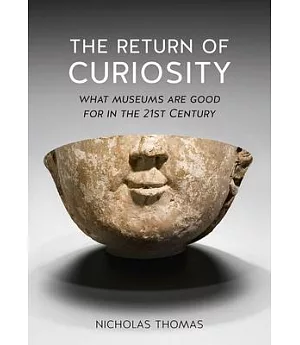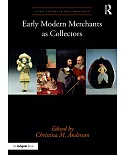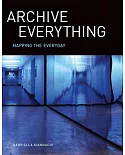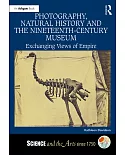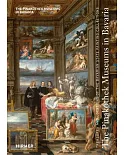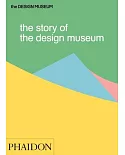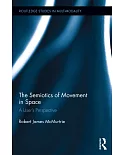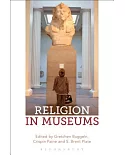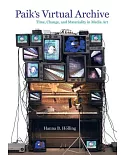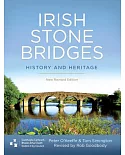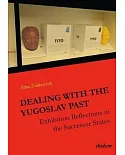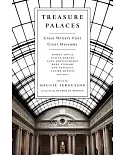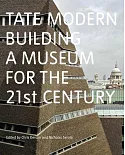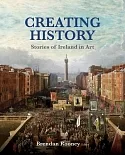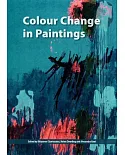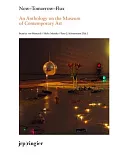The Spy Museum, the Vacuum Cleaner Museum, the National Mustard Museum—not to mention the Art Institute, the Museum of Modern Art, and the Getty Center: museums have never been more robust,
curating just about everything there is and assuming a new prominence in public life. The Return of Curiosity explores museums in the modern age, offering a fresh perspective on some
of our most important cultural institutions and the vital function they serve as stewards of human and natural history.
Reflecting on art galleries, science and history institutions, and collections all around the world, Nicholas Thomas argues
that, in times marked by incredible insecurity and turbulence, museums help us sustain and enrich society. Moreover, they stimulate us to think in new ways about our world, compelling our
curiosity and showing us the importance of understanding one another. Thomas looks at museums not simply as storehouses of old things but as the products of meaningful relationships between
curators, the public, history, and culture. These relationships, he shows, don’t always go smoothly, but they do always offer new insights into the many ways we value—and try to preserve—the
world we live in.
The result is a refreshing and hopeful look at museums as a cultural force, one that, by gathering together paintings,
tropical birds, antiques, or even our own bodies, offers an illuminating reflection of who we are.

